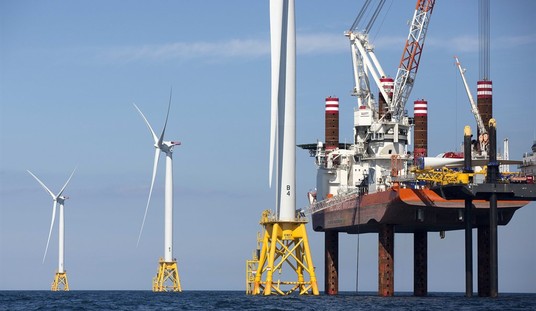Having promised a significant change in the homeless problem if the so-called head tax on top Seattle businesses was passed, the city’s mayor is launching a new plan to follow through. The new plan doesn’t involve waiting for the head tax money to roll in but will instead sell some city property for a short-term boost in homeless spending. According to KIRO 7 the boost could be very short indeed:
Seattle mayor Jenny Durkan is planning to use the sale of city property on Minor Avenue as a quick injection of cash into the city’s homeless crisis. She outlined her plan and how services have been used so far in 2018 during an off camera briefing with reporters on Tuesday. Durkan initially proposed her plan in January as “Building a Bridge to Housing for All.” If approved by the city council, $11.5 million of the building sale will be broken down like this:
- $6.3 million to increase shelter capacity for 500 people
- $2 million for a rental housing assistance pilot program serving 1,000 low-income households
- $3.2 million for affordable housing
[…]
The money from the building sale will only keep this expansion in place through the end of 2018, however there is no current funding source to maintain this expansion at an approximate cost of $8.75 million a year.
Part of the $11.5 million will be spent to create “tiny house villages,” which are fenced lots with prefab tiny homes where the homeless can stay without much oversight. The city has an existing tiny house village in Licton Springs which is considered “low barrier.” That’s code for substance abuse problems not being a barrier to living there. You’ll be shocked to learn that residents in the area say they’ve seen an increase in crime as a result.
Yesterday, King 5 reported that Seattle has spent $90 million dollars battling the homeless problem in the past 10 years, a timespan over which the problem has become significantly worse. This is why the city council was so eager to pass the soak-the-rich head tax earlier this month. But there is reason to believe the head tax money will mostly be used to meet existing commitments as city revenues decline, rather than the new spending it was intended to make possible.
And that’s assuming the head tax doesn’t get repealed. Opponents of the tax, including Amazon, Starbucks, and 50 other companies are trying to get a repeal effort on the ballot in November and are currently collecting the 17,000 needed signatures. This man interviewed by King 5 thinks the effort is going to be a slam-dunk.








Join the conversation as a VIP Member